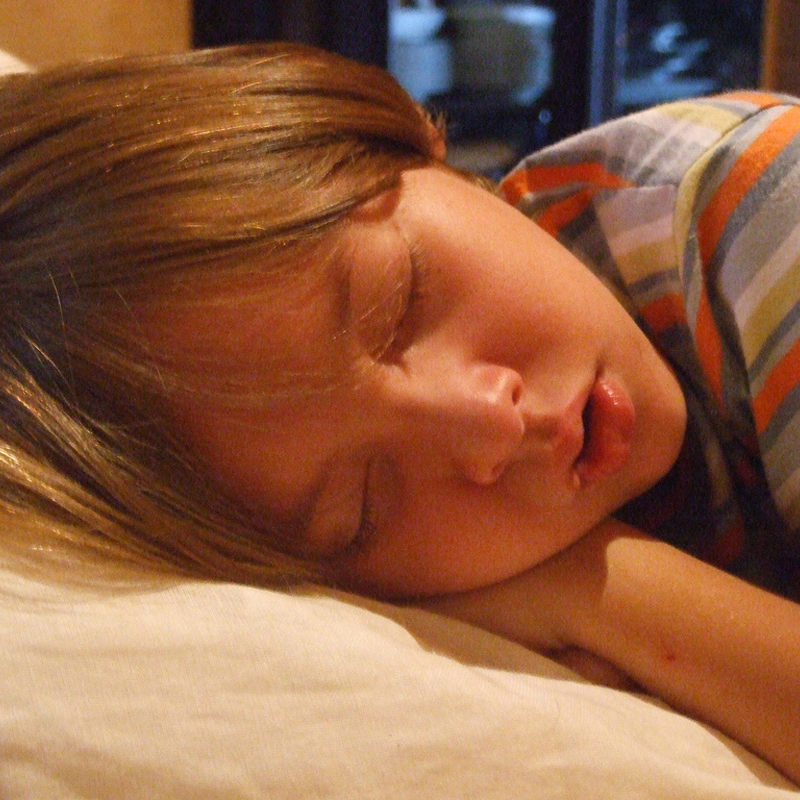- Study Says Most Parents Don’t Use Car Seats In Ride Share Vehicles Like Uber
- This 12-Year-Old Boy Is A Sophomore Aerospace Engineering Major!
- Fire Safety Experts Warn Of Hand Sanitizer Danger After A Mom and Kids Escape House Fire
- Recall Alert: Peaches May Be The Cause Of Salmonella Outbreak, 68 People Ill
- Summer Vacation In The Days Of COVID: Tips To Stay Safe
- How To Safely Grocery Shop During The Coronavirus Pandemic
- Michigan Teen With Vape-Related Illness Undergoes Double Lung Transplant
- Teen Kicks Off Anti-Vaping Campaign From Hospital Bed
- Teenager Receives Life Sentence For Strangling Sister To Death Over A Wi-Fi Password
- Toddler Falls To Death From 11th Deck of Cruise Ship
7 Tips For Parents With Bed-Wetting Children


Bed-wetting in school-aged children can be frustrating for parents and an embarrassing secret for kids. It might leave them feeling ashamed and prevent them from attending sleepovers, or other overnight social activities.
While it’s no fun for an 8-year-old to wear a diaper at nighttime, or to clean up damp clothes and sheets, wetting the bed at night — also known as nocturnal enuresis — is actually fairly common in kids. According to Parenting.com, as many as 1 in 8 first-grade and second-grade kids suffer from this medical condition.
Even if bed-wetting is more common than most people would think, this fact doesn’t make it any easier to deal with. Naturally, parents want to do whatever they can to help their children through this tough phase in life. Here are a few common mistakes, along with some helpful tips, for guiding your child through his nighttime struggle:
1. Shaming a child for wetting the bed could only make things worse. For this reason, it’s important to never scold and yell at kids when an accident happens.
2. Eliminating caffeine from a kid’s’ diet and limiting liquids at night can help.
3. Rule out an underlying medical issue, such as a bladder infection. (Especially if the bed-wetting begins suddenly out of the blue..)
4. Some children have bladder issues at night simply because they’re constipated. A fully rectum, after all, can impede bladder function. If this is the case, it’s important to offer plenty of water and high-fiber foods throughout the day. Maybe even speak to your pediatrician about a laxative. Finally, parents should encourage kids to try going to the bathroom every two or three hours during the day, even when she doesn’t think she has to.








0 comments